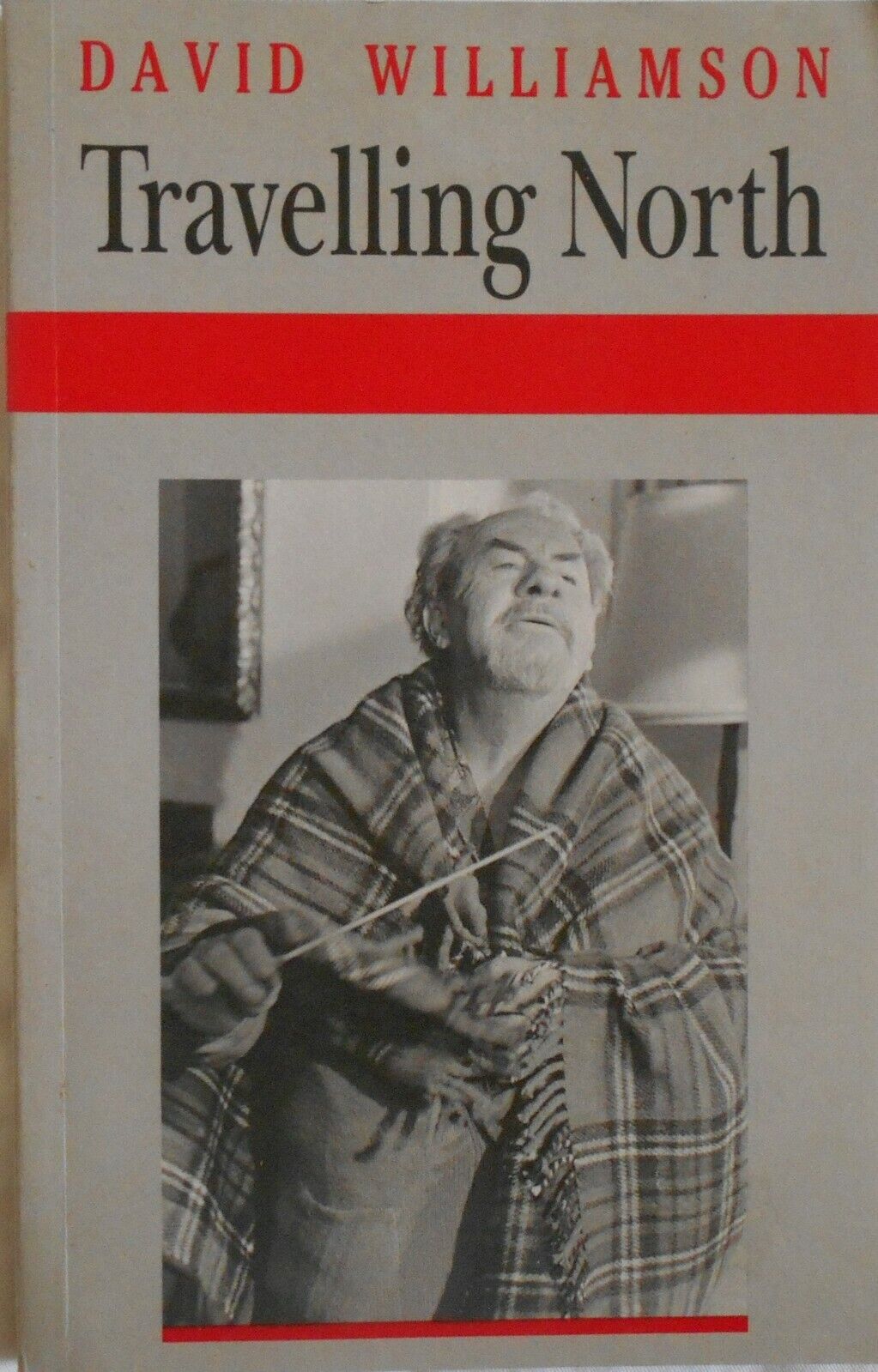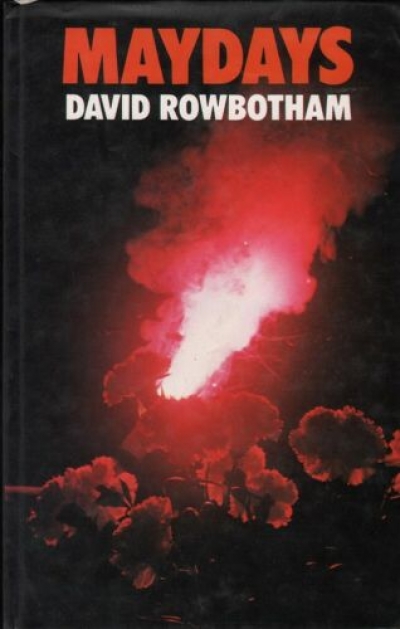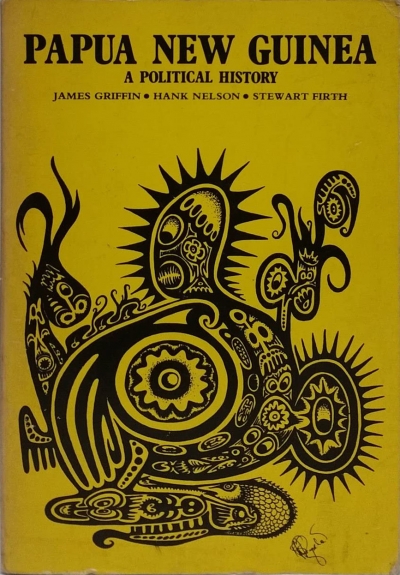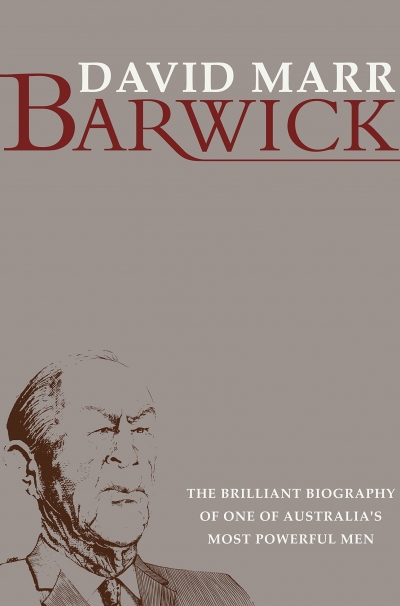Archive
A Dream of Islands: Voyages of self-discovery in the south seas: John Williams, Herman Melville, Walter Murray Gibson, Robert Louis Stevenson, Paul Gaugin by Gavan Daws
by Bernard Smith •
Barbara Baynton (Portable Australian Authors) edited by Sally Krimmer and Alan Lawson
by John McLaren •
We Australians, in common with everyone else on this planet, live in a very scary world. The survival of the human race is at risk with the threat of Russian/American nuclear war, with the threat of pollution, overpopulation, energy depletion and the risks of nucleology. We are at risk because of the problems created by the dependence of the world economy on continuous economic growth in both the capitalist and communist worlds. Associated with the problems created by economic growth are the ones mentioned above, as well as the base materialism and consumerism which Australia’s transformation from a sheepwalk into a quarry brings, together with it large scale, permanent unemployment. Especially for school leavers. These are what might be termed, the materials problems. ... (read more)
Papua New Guinea: A Political History by James Griffin, Hank Nelson, and Firth Stewart
by Harry H. Jackman •








